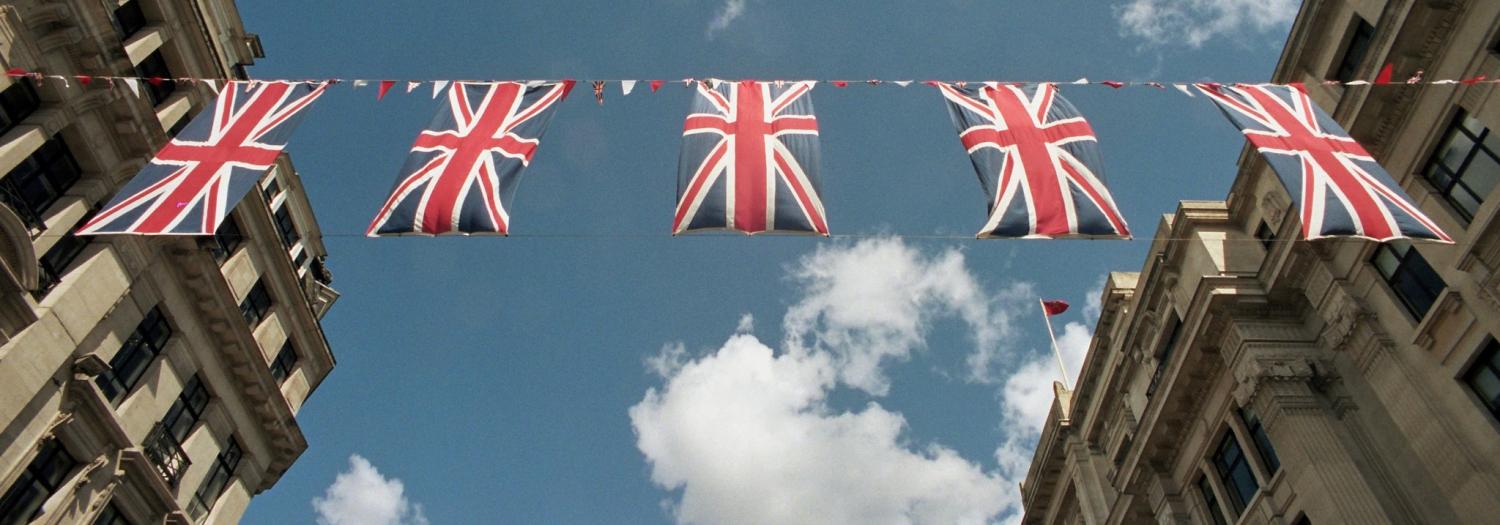There are so many dates to choose from to calibrate the rise of little England to middling England to Britain and Great Britain’s empire.
Charting the fall is quicker and easier.
The present British Prime Minister, David Cameron is not deluded about Britain’s place in the world and he knows of the humiliating point that marked the final decline of one era and the start of another phase in Britain’s (or is that England’s?), long history.
Near Christmas in 1976 the Chancellor of the Exchequer Denis Healey went before the cameras to announce that Great Britain (which once oversaw 40% of the world’s economy) had grovelled to the IMF for a loan to keep the nation operating. In return, Britain had agreed to massive spending cuts, anathema to the then Labour government.
The world would not witness another such humiliation until the IMF stood over Indonesia’s president Suharto more than 20 years later.
Economically, struggling Britain from then on and including the early years of Margaret Thatcher, received much support from the EU, which allowed for its straitened circumstances.
As Britain’s economy improved, it received less and paid more into the EU as it benefited from its increasing economic ties. Despite Mrs Thatcher’s determined stance on British particularity, polls showed Britons strongly favoured their life within Europe.
Mrs Thatcher did many things but she did not attempt to exit the EU, much as she may have expressed her displeasure with it. However her politically sanctified name is now used by her worshippers to claim that in private she really did want to exit; others cite letters saying she did not want to exit, and yet others that she would favour David Cameron’s June 23 referendum and the reforms he has won from the EU to support it.
The economic arguments are extensive and, as befits the dismal science, there is no end of wonderful prognostication of the gotterdamerung to follow should Britain stay in or if Britain exits.
The group Global Counsel, which aims to help business anticipate how politics, regulation and public policy-making create risk and opportunity, argues the ‘Remain’ case in a paper by its chief economist, Dr Gregor Irwin, a former chief economist and director of the Foreign and Commonwealth Office, who previously held senior positions at the Bank of England and the UK Treasury.
A Brexit impact would be greatest, he says, in the UK where amongst other things, regulations would diverge from the EU over time, affecting trade and making the UK less attractive to invest in. The rest of the EU would lose an influential, large, and liberalising member state. Differing EU regulations would make it harder for it to serve European markets particularly for retail banking, euro trading and for supply chains involving UK firms. The UK would be free to make its own trade deals but it would have less leverage without the EU. The EU however, might be able to take tougher stands on trade deals without the UK.
Global Counsel finds most published studies cannot give a comprehensive estimate of the macroeconomic price of Brexit other than it would be negative and significant for the UK but less so for the EU. After a Brexit there would be a prolonged and highly uncertain period while the UK tried to create a new relationship with the EU.
Away from the Global Counsel paper, the ‘leave’ case economically boils down to this: the UK is stifling because of the EU. An innovative, independent UK is paying too much in, getting too little out. A continental construct harks back to Napoleon and crushes the animal spirits to be found in places such as the UK. Exit proponents argue a free, EU-less Britain could pursue its own economic agenda yet still maintain a free trade agreement with the EU in the way countries such as Norway, Switzerland and Turkey have, getting the best of both worlds. After all, the UK is a country of 65 million people and is the world’s fifth biggest economy measured by GDP in US dollars.
Where matters stand now
Polling shows David Cameron looks a winner and they are becoming stronger since he won key reforms from the EU late last month. [fold]
Under these reforms, the pound is protected. British taxpayers cannot be forced to bail out other countries in the eurozone Mr Cameron won some important and sensitive non-economic reforms on immigration and paying welfare to non-Britons from the EU. Most of all, he won a clause to say that moves to ‘ever closer union’ do not apply to the UK if Britain votes to stay in.
Latest polling from NatCen Social Research averaged six polls during last month and found 55% in favour of staying in, 45 percent for Brexit. Its research found that voters aged 34 years or less were only 25% likely to vote to leave the EU. But those over the age of 55 years were 46% in favour of Brexit. Those aged in between 34 and 55 seemed to cancel each other out.
The Daily Telegraph’s Polls of Polls finds that since last September the ‘remain’ vote has firmed between 51% and 55%.
BMG Research found that more than a third of those it surveyed said their voting intention was influenced by the EU deal negotiated by Mr Cameron, with Conservative voters much more influenced by the deal.
Boris Johnson’s flamboyance might liven up the Brexit cause but allowing for the usual unforeseen circumstances it appears that a shakily United Kingdom will stay with the EU, even if the diehards prefer British meteorological reports to say 'bad weather isolates continent'.
Photo courtesy of Flickr user slimmer_jimmer
Save

